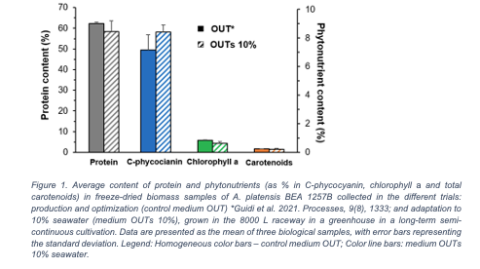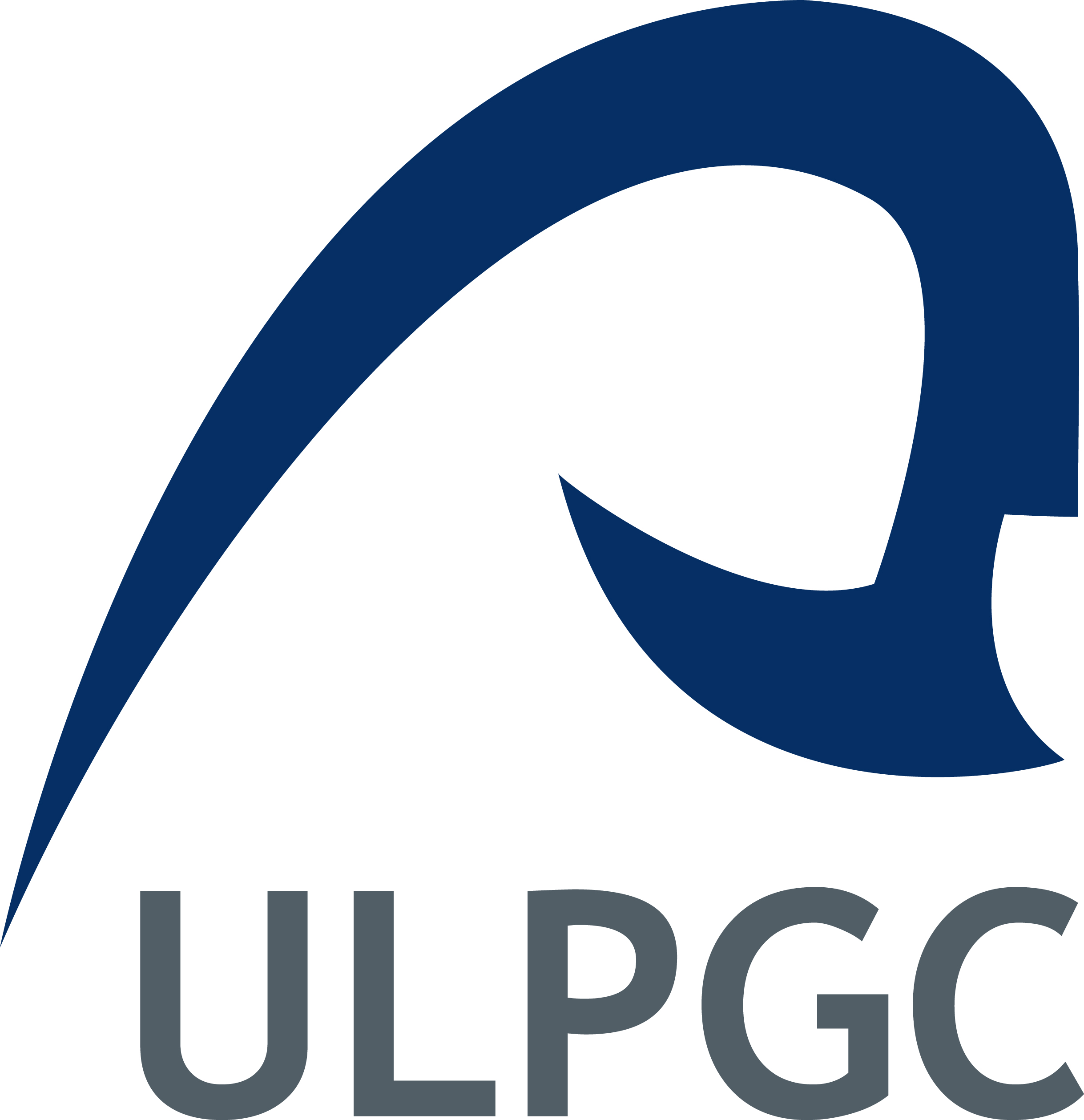Ph.D. Program in Oceanography and Global Change at the Canary Islands, Spain
Submitted by ignacio on Wed, 05/25/2022 - 11:05

Extensive mass cultures of microalgae are considered as the most promising alternative strategy to traditional agriculture. The main bottlenecks for the production of microalgae are the environmental and economic costs associated with: i) the use of freshwater and fertilizers in the cultivation phase; ii) the biomass harvesting during processing; iii) the use of traditional chemicals (i.e., solvents) for the extraction of fractions/compounds of interest from the biomass. The aim of this PhD research is to optimize the production of biomass from native Canarian microalgae increasing the economic and environmental viability of the process, while maximizing the biomass content of target natural metabolites with high market demand. The native Canarian strains Arthrospira platensis BEA 1257B and Chlorella vulgaris BEA 0441B, originally isolated from freshwater environments, are being studied in order to evaluate their capacity to acclimate to seawater; the possibility to reduce nitrogen addition and CO2 supply during cultivation. Our data indicate that culture productivity and biochemical composition of the biomass cultivated with 10% seawater were similar to those obtained in the freshwater medium (control) for both strains. Preliminary results suggest that seawater amount in A. platensis medium can be further increased (at least up to 50%) while maintaining similar productivities. Nitrogen reduction under a quarter of the concentration in the control culture mediums did not affect culture productivities and only partially affected biomass composition. The use of a plexiglass hood located at the CO2 supply site in open raceway cultures of C. vulgaris increased productivity by 17% at low CO2 supply flow rates. All together, these preliminary results suggest that it is possible to improve considerably the economic and environmental viability of production for the microalgae strains under investigation, while maintaining high content of target compounds in the biomass, which is a prerequisite for high extraction yields.




Add new comment